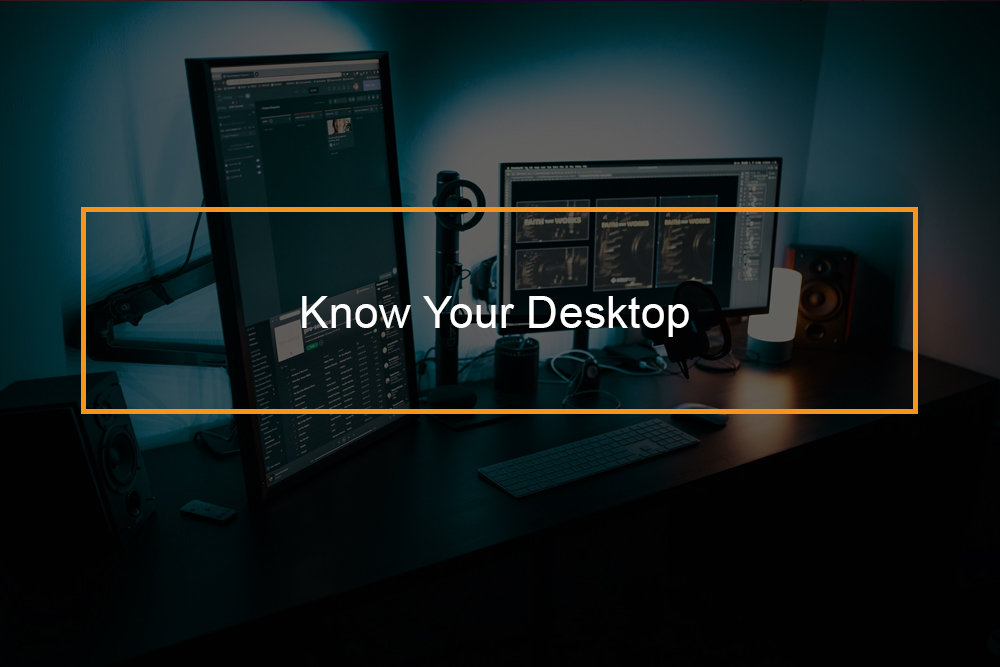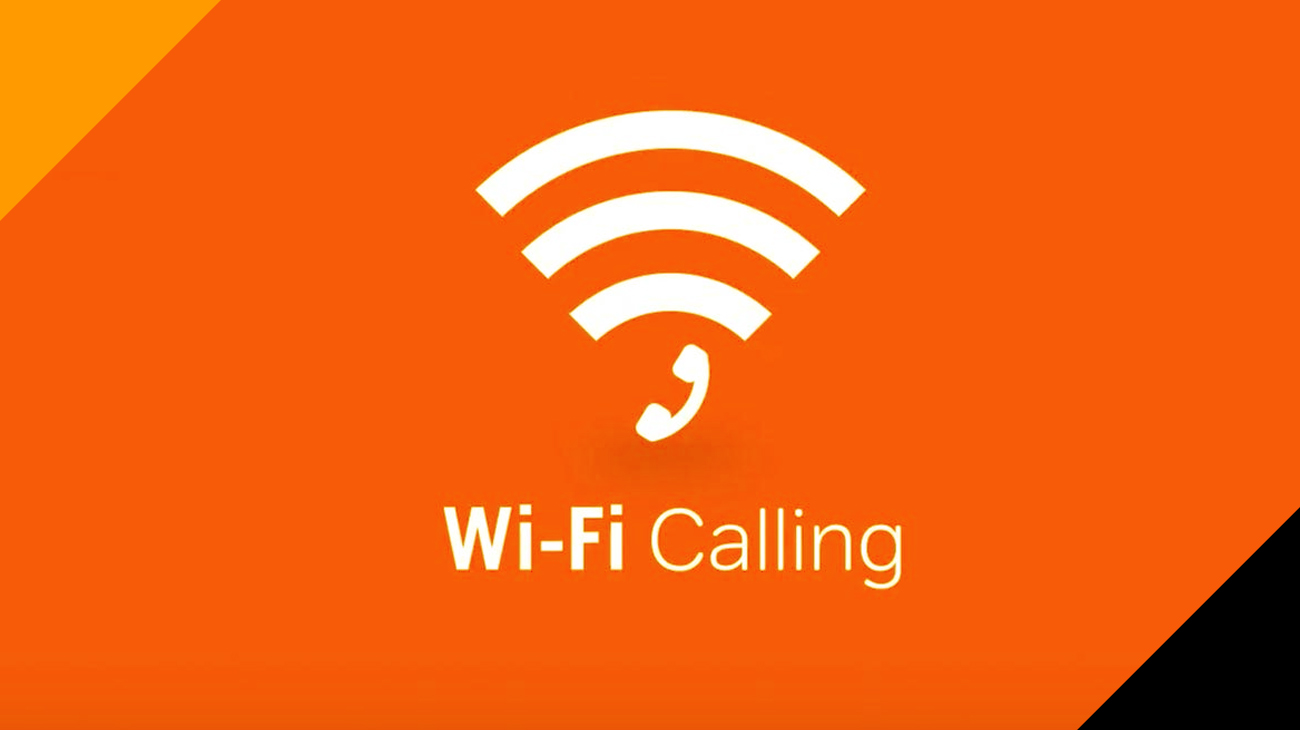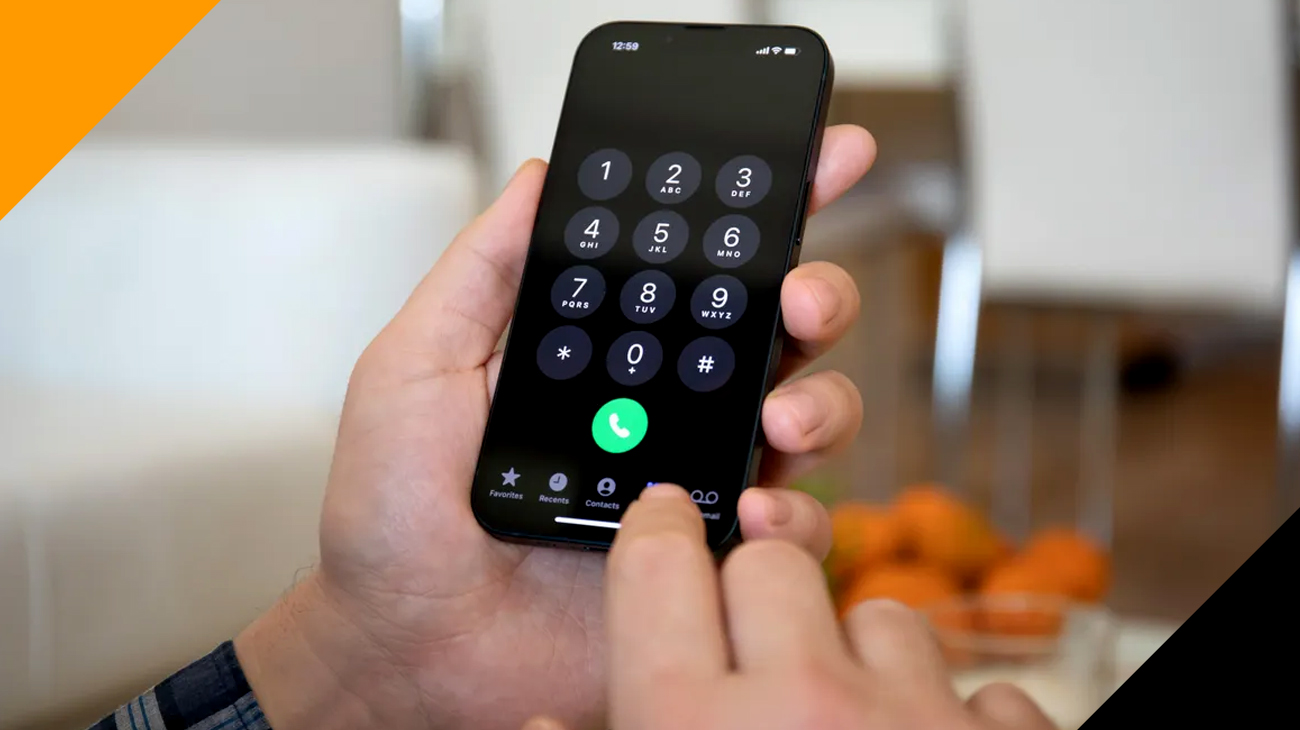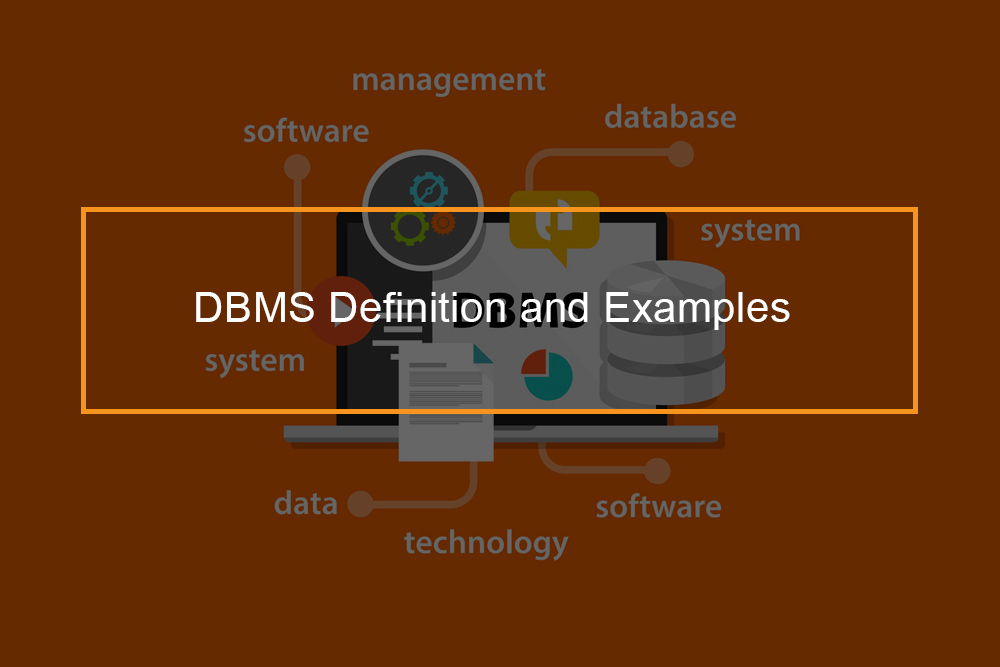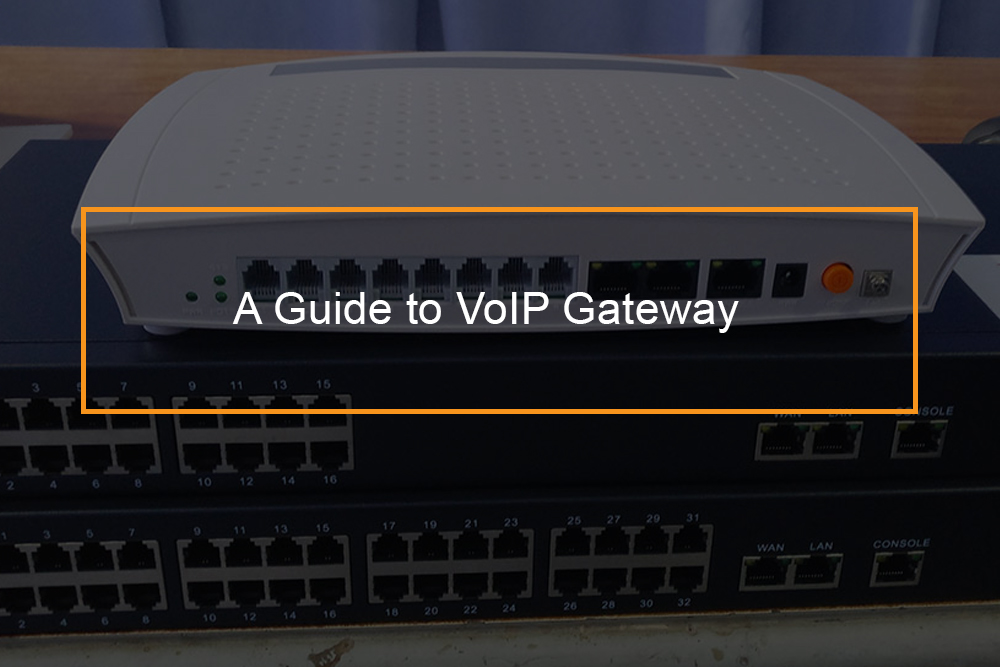How is PBX different from VoIP?
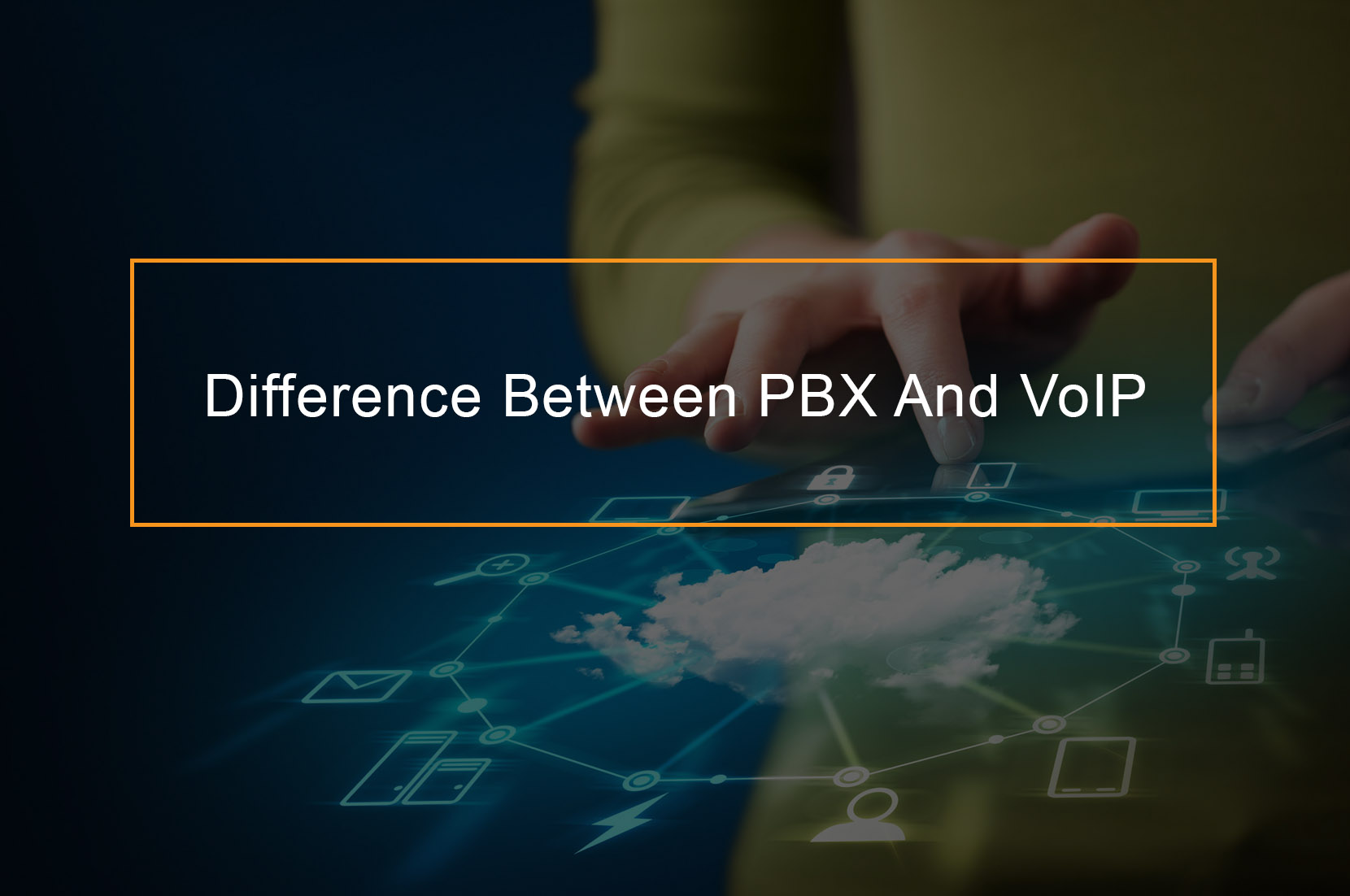 PBX, in full, stands for Public Branch eXchange whereas VoIP is Voice over Internet Protocol. The aim of these two systems is the same, that is, to make and receive calls. The difference comes in on how they are used and their advantages and disadvantages over the other.
PBX, in full, stands for Public Branch eXchange whereas VoIP is Voice over Internet Protocol. The aim of these two systems is the same, that is, to make and receive calls. The difference comes in on how they are used and their advantages and disadvantages over the other.
The traditional PBX system is considered traditional because they have been around for ages. Businesses that want dedicated phone networks have been using them over the years. VoIP, on the other hand, is fairly recent technology in the phone systems. It uses an internet connection to make calls. This gives it a lot over advantages over traditional PBX.
Two properly differentiate the two phone systems; we need to understand them better.
What is traditional PBX?
A traditional PBX link calls physically using the copper wires through the Public Switch Telephone Network, PSTN. This system was preferred by companies in the past for their phone services. It is very stable and could be customized.
It can be argued that the traditional PBX system is old fashioned. However, it still has a number of solid advantages over its internet-based cousin.
For example, if your business has a poor or slow internet connection, then PBX would be the more efficient alternative. Unlike VoIP, the quality and stability of calls in PBX do not hinge on the strength of your internet connection. Your calls will not drop due to poor internet connectivity; the standard will remain constant.
PBX is also very efficient when it comes to internal communications. If you want to talk to a colleague or another department quickly, you simply dial their extension. You need not make a call to an outside number.
PBX also comes in handy when you are on an important call or emergency. If there is a problem with the internet or maybe there is a power outage, then you will lose access to VoIP. PBX systems, however, will not be affected.
What is VoIP?
VoIP is an underlying operating system designed to use the internet to send and receive phone calls over IP networks. VoIP phones can also use the private data network to transport voice and messages.
The popularity of the VoIP system can be credited to the numerous features it has to offer for a lower charge.
The system substitutes the bulky onsite hardware for cloud-based solutions that are cheaper and easily scalable. The infrastructure involved, unlike in traditional PBX, will allow you to easily upgrade and grow your businesses effortlessly. It is not only about scaling up, but you can scale down your business just as quick when you are in low session.
Moreover, the VoIP phone system has all the standard features of a traditional PBX plus a lot more extra features. The basic features to expect in most of the VoIP providers are as follows:
- Web-based system administration
- Call forwarding
- Caller ID
- Call transferring
- Call blocking
- Call waiting
- Automated attendant
- Conference calling
- Conference bridging
- Video conferencing
- Voicemail to email in an audio format
- Voicemail to text
- Fax to text in a PDF format
- Mobile management for Android and iOS
- Hold music
- Ring group
- Online sharing on multiple devices
- Find me/ Follow me
What makes PBX different from VoIP?
How to differentiate between PBX and VoIP
To compare the difference between traditional PBX and VoIP, the factors below should be kept in mind.
How PBX and VoIP connect to users?
This is essentially the biggest difference between PBX and VoIP. PBX uses the standard telephone wires to connect incoming and outgoing calls. The set up involves a manual control board, a computer server, and multiple lines. There is also an internal switching system that connects to the lines and routes calls to individual phones.
On the other hand, the VoIP system is much simpler. It uses the internet to transfer analog voice data. Apart from an internet connection, all you need is a computer or IP phone.
The equipment required to set up PBX and VoIP
The equipment involved in running the two systems is also different. The traditional PBX system is very analog. You will need a corded or cordless phone and maybe a headset if you want to make calls hands-free. The equipment involved in VoIP is more extensive. You can use a wireless phone with an internet connection or an IP phone. There is also a softphone that enables you to make and receive calls from a mobile device or computer.
The cost of PBX and VoIP
The overall price of services is always a determining factor in any decision making. When it comes to PBX and VoIP, the difference is significant. VoIP requires less hardware and infrastructure to be operational. Moreover, the initial set up and upgrade is simpler. All this contributes to lower costs. All these are occasional or one-time charges. What makes VoIP truly cheaper is the monthly charges. The difference is huge.
Reliability of PBX and VoIP
PBX systems are, without a doubt more reliable than VoIP systems. This is because VoIP system is completely dependant on the internet. That is the availability of an internet connection and the strength of the connection. If there is no internet due to a malfunction or power outage, then you will have no access to your VoIP. If the internet is slow or the connection is poor, then the call quality will also be poor. At times, your call might just drop without warning. This can be frustrating and is definitely not ideal. With PBX, the call quality is constant, and you will not experience such issues.
Customization of VoIP compared to PBX
VoIP systems have more customization options. They can easily be programmed and reprogrammed to suit the needs of the business. The best thing is, this programming is simple and does not require expert skills. Changes to the online interface can be made anywhere. Some of the benefits include voicemail transcription, transferring calls to many numbers, and specifying conditions such as time and day. PBX offers some customization, but it is nowhere near the options available for VoIP.
Flexibility and scalability of PBX and VoIP
PBX can be considered rigid. If you want to make an upgrade to the system, in most instances, you will require to change most of your infrastructure and hardware. Simple changes can be costly. This is not ideal for growing businesses that need to scale up.
On the other hand, for a phone system that will grow with your business, then you should consider VoIP. Since it is internet-based, you need not to worry about hardware changes. This difference is significant for seasonal businesses that need to scale up or down depending on the peak. With VoIP, you don’t have to pay for services you are not using during the offseason.
IP PBX; combining PBX and VoIP
As shown, both PBX and VoIP have their pros and cons. Even though VoIP is the newer technology, some may still have a hard time letting go of PBX or choosing between the two. There is a third option. This combines the benefits of PBX and VoIP may be available, IP PBX. This is a hybrid of PBX and VoIP that many businesses are using.
This system lets your business maintain their traditional phone line number that offers high-quality calls regardless of the circumstances and at the same time using an automatic switch to a VoIP for a wide variety of features at cost-effective charges. The resiliency of PBX plus the flexibility of VoIP combined.

